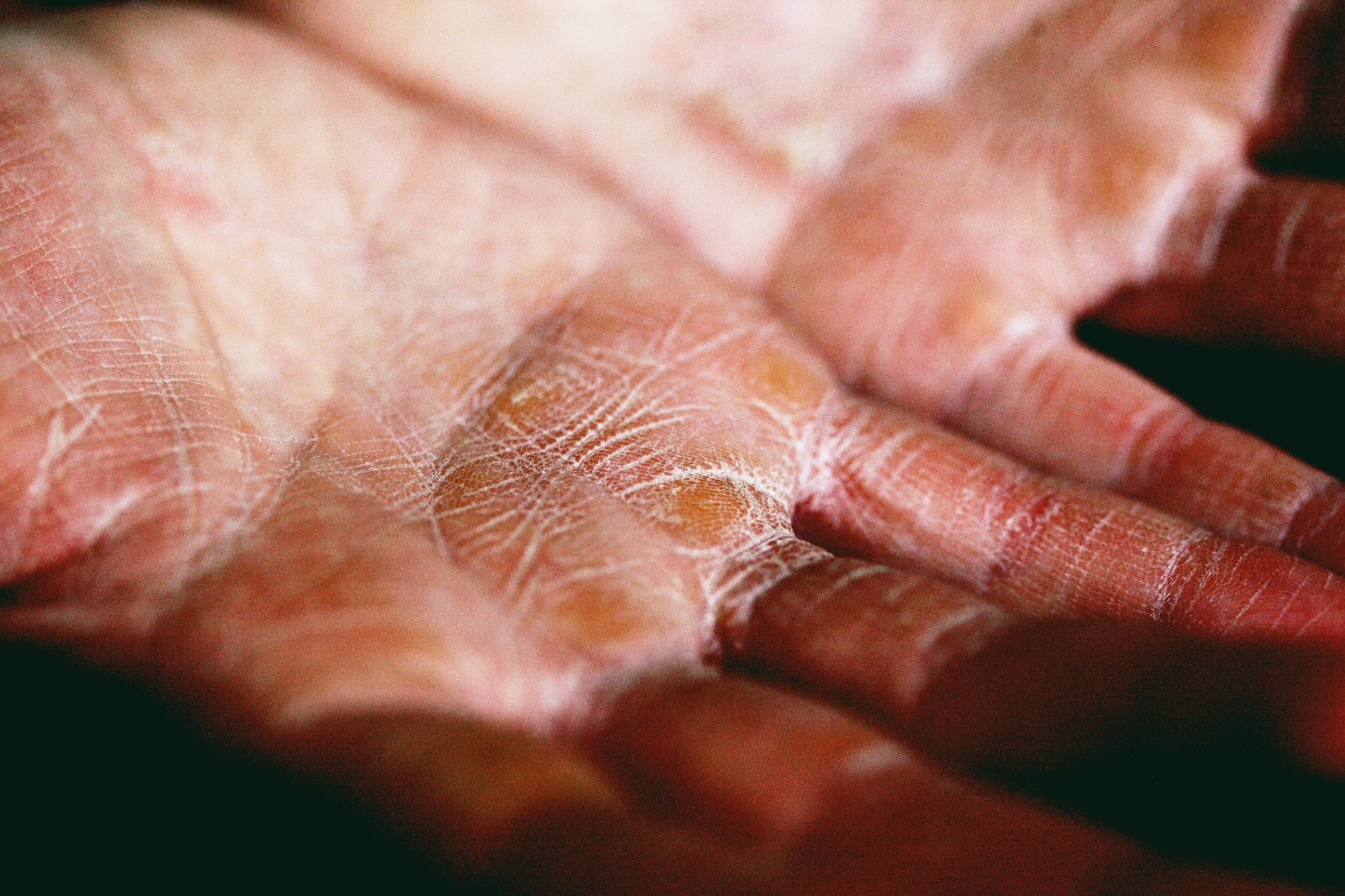Managing Skin Infections — A Guide

Skin is the largest body part of the human body. It is the only organ that is exposed to the atmosphere throughout its lifespan. Hence the open environment makes it also prone to infections. These can be severe at times, but mostly mild cases are seen all over the world.
Signs such as irritation, itching, tender skin, and pain are all related to infections of the skin. Acne breakouts, pus, discoloration of the skin, and blisters, are all aggravated signs of an infection. Though the epidermal layer is quite resistant in stopping any foreign entities from entering the inner body and the bloodstream, if not cured, the skin infection will travel to the blood inside.
Here are the two types of skin infections you need to be aware of, and if you think you have one, then it is time to speak to an online doctor.
Types Of Skin Infections You Need To Deal With
Bacterial Infections
Boils, leprosy, impetigo, and cellulitis are all further types of infections that come under the umbrella of bacterial infections. As the bacteria break the skin barrier and go into the epidermal layer, the chances of bacterial infections turn to 100%. You may get bacteria in your skin when it is extremely dry, and cracks appear from the dryness, or most of the time, it gets into the skin from cuts. For instance, if you cut up any raw meat but accidentally cut your finger with the same knife, the meat's bacteria would enter your skin layer and even the bloodstream. Just a small cut can be extremely dangerous for your immune system as well as the aesthetic appeal of the skin is damaged with small red bumps all over it. When it comes to managing skin infections, it is to deal with it by getting help from virtual doctors online and getting antibacterial pills and topical solutions to treat the infections.

Fungal Infections
Issues like athlete's foot, ringworm, or diaper rash are all considered to be the reason for fungal infections in the skin. When people sweat excessively or live in an extremely humid area, there are chances of getting fungal infections. One needs to manage these kinds of infections by wearing dry clothes in which airflow is optimal. Furthermore, if one finds out about a fungal infection, ensure that it doesn't aggravate by using antifungals and keeping the skin dry.
In severe cases, it is best to call TelMDcare, schedule a virtual doctor appointment, and get yourself checked for skin infections.